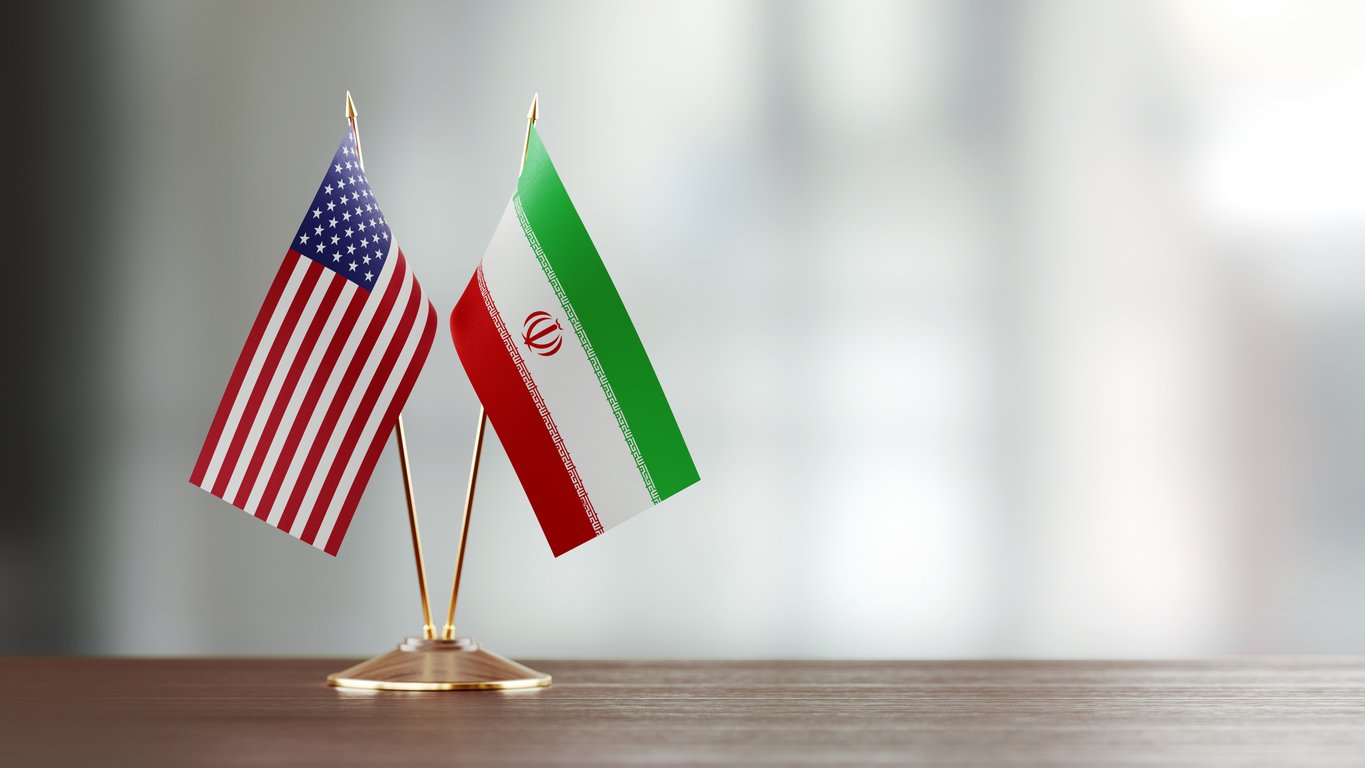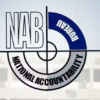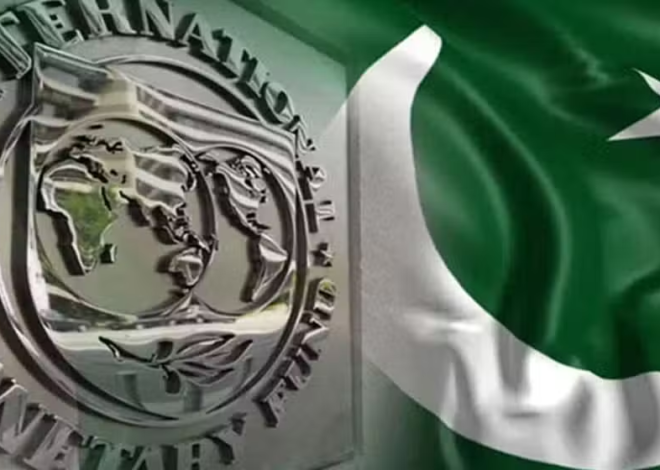
Iran to Present Counter-Proposal to US in Nuclear Talks
Diplomatic Push Continues Amid Stalled Negotiations
US : in the long-running negotiations over Iran’s nuclear program, Tehran has announced plans to present a formal counter-proposal to the United States in the coming days. The move signals Iran’s continued commitment to diplomatic engagement but also highlights the persistent gap between the two countries on key issues surrounding uranium enrichment, sanctions relief, and regional security assurances.
Background: A Decade-Long Standoff
Since the U.S. withdrawal from the Joint Comprehensive Plan of Action (JCPOA) in 2018 under then-President Donald Trump, relations between Washington and Tehran have remained strained. The JCPOA, commonly known as the Iran nuclear deal, was initially signed in 2015 between Iran and six world powers—including the U.S., UK, France, Germany, Russia, and China—to curb Iran’s nuclear capabilities in exchange for sanctions relief.
Following the U.S. exit from the agreement and the subsequent reimposition of harsh economic sanctions, Iran gradually scaled back its commitments under the deal. Enrichment levels increased, inspection access was reduced, and regional tensions escalated, prompting international concern over a possible nuclear crisis.
Recent Progress and Renewed Dialogue
Under the Biden administration, attempts have been made to re-engage Tehran through indirect talks brokered by the European Union. Several rounds of negotiations in Vienna and Doha over the past two years have failed to yield a final agreement, though both sides have expressed cautious optimism.
In the latest round of talks held in Muscat, Oman, U.S. and Iranian negotiators—through European intermediaries—reportedly discussed a framework for a “freeze-for-freeze” interim deal. The concept involves Iran halting its uranium enrichment above 60% purity in exchange for limited sanctions relief and unfreezing of Iranian assets abroad.
Iran’s Counter-Proposal: Key Details Expected
Iranian officials, speaking on condition of anonymity, have hinted that the counter-proposal will include modifications to the current U.S. draft, particularly in areas related to the timeline for lifting sanctions and guarantees against future unilateral withdrawals.
According to Iranian Deputy Foreign Minister Ali Bagheri Kani, “Iran will present a logical, realistic, and balanced proposal that respects our national interests while keeping the door open for constructive engagement.” He added that Iran seeks a mechanism that would ensure compliance from both sides and build mutual trust over time.
The counter-proposal is expected to touch on four main areas:
- Sanctions Relief Mechanism – Proposing a phased rollback of economic sanctions tied to verified compliance benchmarks.
- Nuclear Activity Limitations – Offering specific timelines and technical caps on enrichment levels and centrifuge usage.
- Verification and Monitoring – Strengthening cooperation with the International Atomic Energy Agency (IAEA) while maintaining Iranian sovereignty.
- Guarantees and Legal Framework – Demanding legal commitments from Washington to prevent another abrupt withdrawal by future U.S. administrations.
U.S. Response and International Reactions
The Biden administration has signaled openness to reviewing any Iranian proposals that demonstrate seriousness and a commitment to diplomacy. However, a senior U.S. official warned that “time is running out” and that Washington remains prepared to tighten pressure if negotiations collapse.
European officials have welcomed Iran’s intent to table a counter-offer, calling it a “positive sign.” Josep Borrell, the EU’s foreign policy chief, said, “We hope this will break the deadlock and bring us closer to a mutually agreeable resolution.”
Meanwhile, Israel and Gulf Arab states have expressed concerns over any deal that does not fully dismantle Iran’s enrichment infrastructure. Israeli Prime Minister Benjamin Netanyahu reaffirmed his country’s right to take “necessary measures” to prevent Iran from acquiring nuclear weapons capability.
Broader Implications for the Region
The outcome of the talks could have far-reaching implications beyond the nuclear file. Regional stability, energy markets, and the global non-proliferation regime all stand to be affected. Analysts suggest that a successful deal could also pave the way for broader diplomatic engagement between Iran and the West, including de-escalation in conflict zones like Yemen, Iraq, and Syria.







